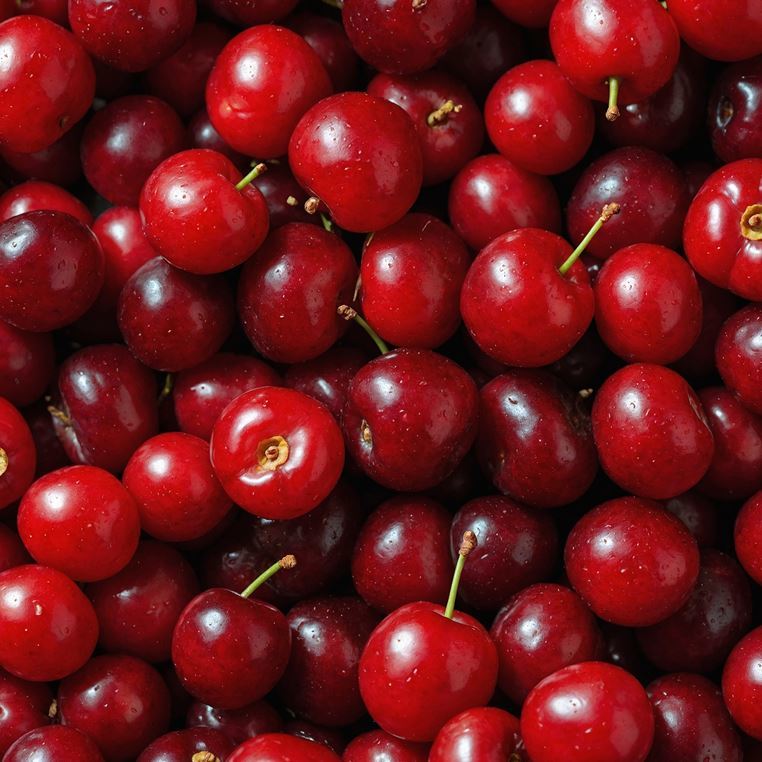Cherry juice might be a good option if you have a sour stomach.
In recent years, there’s been a surge in interest surrounding gut health, with more people turning to fiber-rich foods and fermented products. Among these, studies demonstrating the beneficial effects of cherry juice on intestinal health are garnering interest. A popular fruit high in vitamins and antioxidants, cherries have a sweet and sour flavor. But cherries’ real worth extends beyond their flavor; they also significantly impact intestinal health.
In addition to dietary fiber, cherry juice has several physiologically active compounds that support intestinal health. Cherries’ anthocyanins, polyphenols, and flavonoids, in particular, encourage the development of good intestinal bacteria while inhibiting the growth of “bad” bacteria. This shifts the intestinal microbiota’s equilibrium more beneficially. Immunity rises and inflammation levels fall when the intestinal environment is improved, a significant factor closely linked to general health.

Natural anti-inflammatory components found in cherry juice can also help reduce intestinal mucosal inflammation and the symptoms of intestinal disorders like irritable bowel syndrome (IBS). Additionally, some studies have shown that experimental groups that regularly drank cherry juice experienced a reduction in symptoms such as constipation, abdominal pain, and bloating.
These components improve intestinal health, sleep, joint health, and post-exercise recovery. Tart cherry (Montmorency cherry) juice, in particular, is known to have higher antioxidant levels than ordinary cherries. Cherry juice contains melatonin, which also helps induce sleep. However, a dual effect is possible since melatonin alters the intestinal environment.
Intestinal health is a critical component that influences our body’s overall health and extends beyond simple digestive function. The intestines have recently been referred to as the “second brain.” There has been increased interest in the link between intestinal microbes and the brain. For example, improving the intestinal environment can benefit mental health by reducing stress and elevating mood. In this way, cherry juice is a food that serves purposes beyond merely being a drink.

However, when selecting cherry juice, it’s crucial to pick 100% juice free of artificial sweeteners and sugar. It’s also important to develop the habit of closely reading labels because high sugar content can actually be harmful to intestinal health. Additionally, people with sensitive digestive systems should drink one cup of cherry juice daily in divided portions because consuming it at once can cause diarrhea.
Consistency is the key to maintaining intestinal health. An extreme diet or supplement is not as sustainable or safe as a strategy incorporating natural foods into everyday life. Drinking a glass of cherry juice is a simple yet reliable habit. If you regularly drink this one glass, it can be a good place to start when it comes to preserving intestinal health.









Most Commented